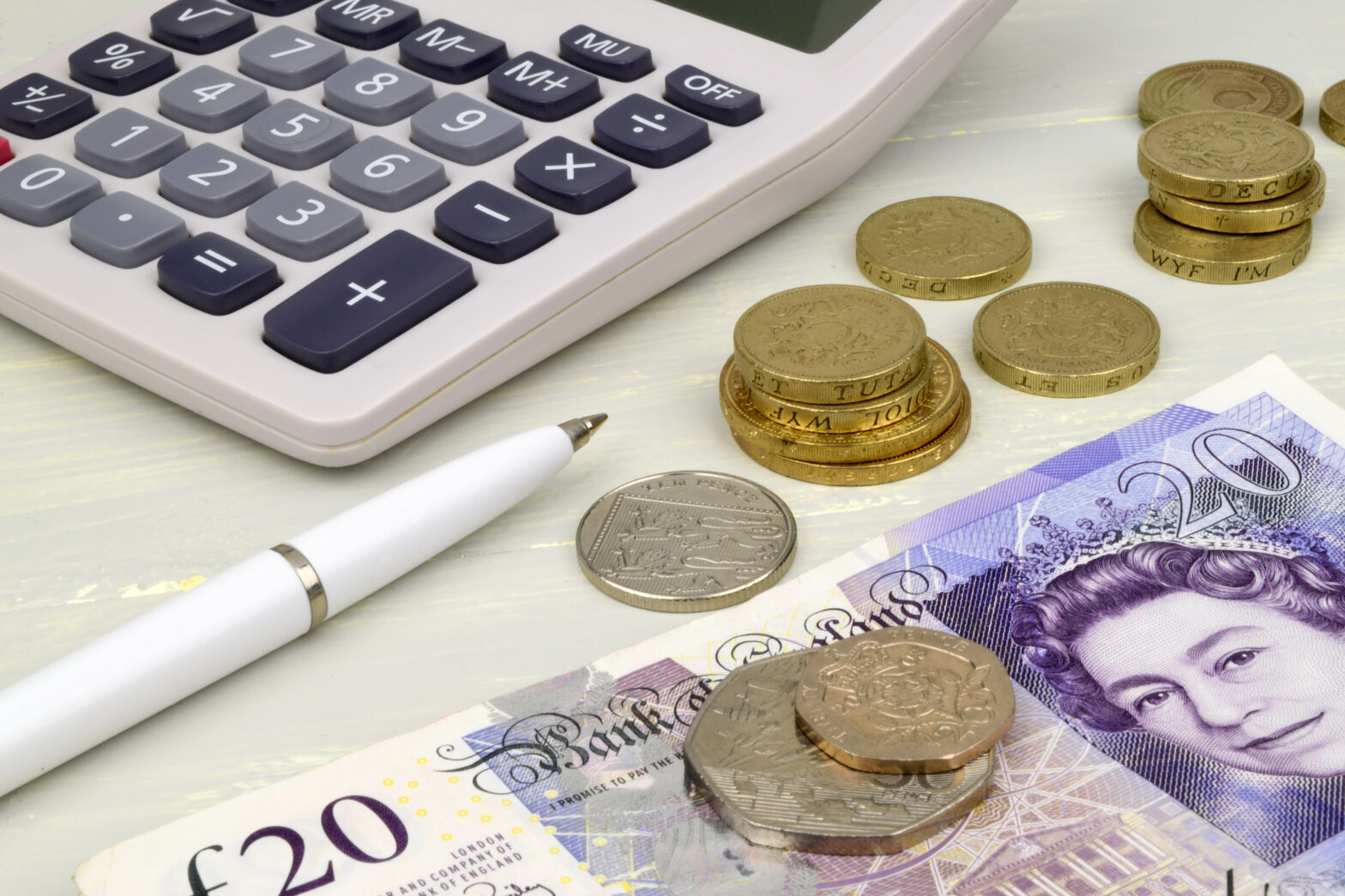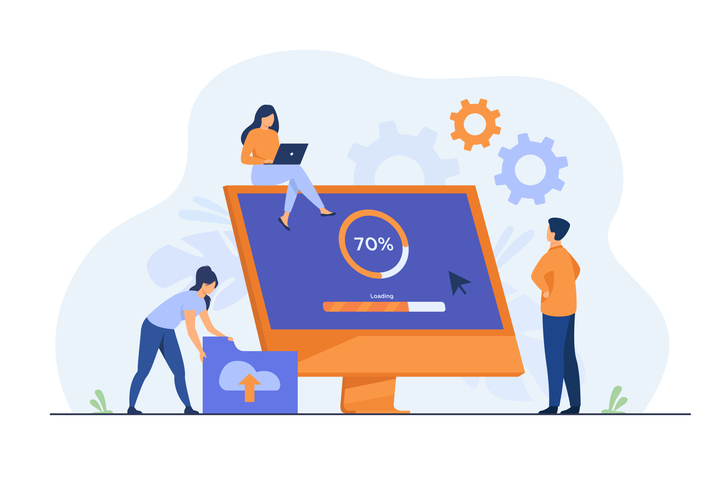There are several different finance options to consider when making a business investment or purchase, all of which, of course, have their own pros and cons. Whether you’re at the start-up stages or a growing SME, it’s important to weigh up the different finance options available to you, and carefully consider your business’ financial position before deciding upon the best course of action.
Capital
The first challenge with buying outright is waiting for sufficient funds to become available. ‘Cash is king’ might be an all-too-familiar mantra, but cash flow really is key to the stability of your business.
Parting with capital to cover a large purchase can be a very risky move, and can cripple your cash reserves or sacrifice the funds you might have otherwise invested in more proactive areas of the business, like recruiting more staff or increasing your marketing efforts.
However, as is with any cash purchase, when it’s yours, it’s yours! You have full ownership of your equipment, and don’t need to worry about any ongoing contract agreements. This is also beneficial when the equipment is at the end of its working life, or you wish to upgrade. You can sell it on, if you wish, and invest the money back into your business or your new purchase. However, it is worth noting that installation, employee training, energy bills and maintenance can be expensive extras, so it’s important to budget accordingly.
Leasing
A lease allows you to gain access to the equipment immediately, rather than when your budget will allow. The cost of the asset is spread through regular fixed repayments over an agreed term, each 100 per cent allowable as a tax-deductible expense. One supposed disadvantage of leasing is that the accumulation of all the repayments will exceed the original value of the asset, but in some instances, the tax savings outweigh this. Furthermore, making the repayments while you’re using the kit (and hopefully making a profit on it), you’re likely to break even on your investment sooner and enjoy a more profitable trade.
Technically, the lease company or lessor would be renting the equipment to the you throughout the agreed period, so you wouldn’t have ownership of the goods. Depending on the type of agreement, you may have the option to purchase the title for a sum similar or equivalent to one of your repayments, or alternatively, the goods can be returned for no extra cost.
While the lessee is in a fixed contract and you would not be able to settle the outstanding amount sooner than planned, some agreements allow an upgrade option, which is ideal for those in a fast-moving, competitive industry.
Venture capital funding
Venture capital funding refers to investors who seek private equity in a business, usually at start-up or SME stage. Starting your own business is a long and gruelling process with a lot of gambles involved, and that financial security can help you grow and get your vision off the ground much more quickly. Furthermore, investors usually have a wealth of business expertise you can benefit from, alongside useful resources and connections.
However, once you’ve opted into a contract, you’ll be sacrificing a proportion of your ownership and future profits indefinitely. In some cases, you can risk losing management control completely.
These ventures are often referred to as ‘high risk, high return’, and whilst it can be a great comfort to have financial backing at the ‘high risk’ stage, parting with a portion of your ‘high return’ can be bittersweet.
Mark Johnson is the managing director of Johnson Reed Equipment Finance.








